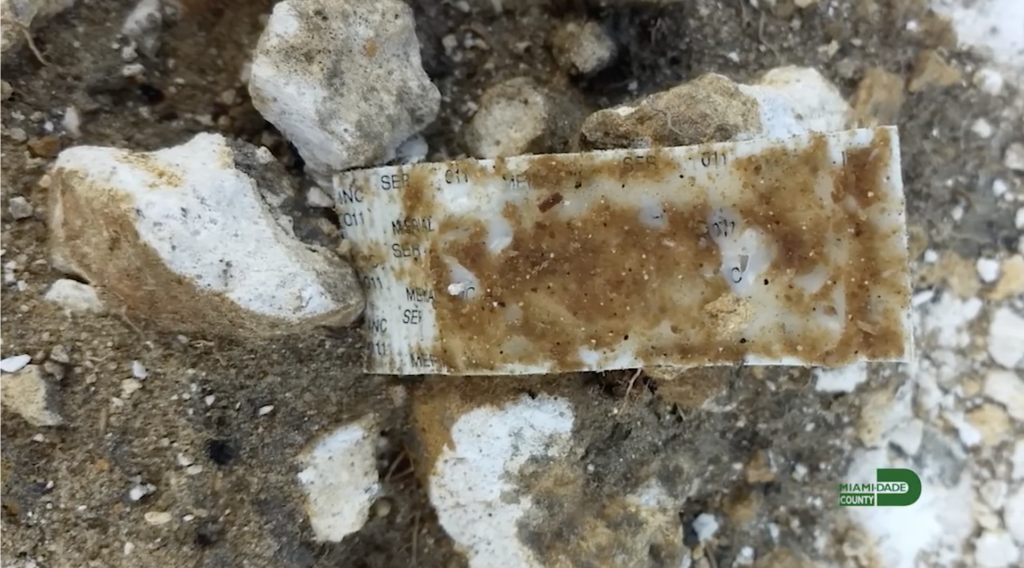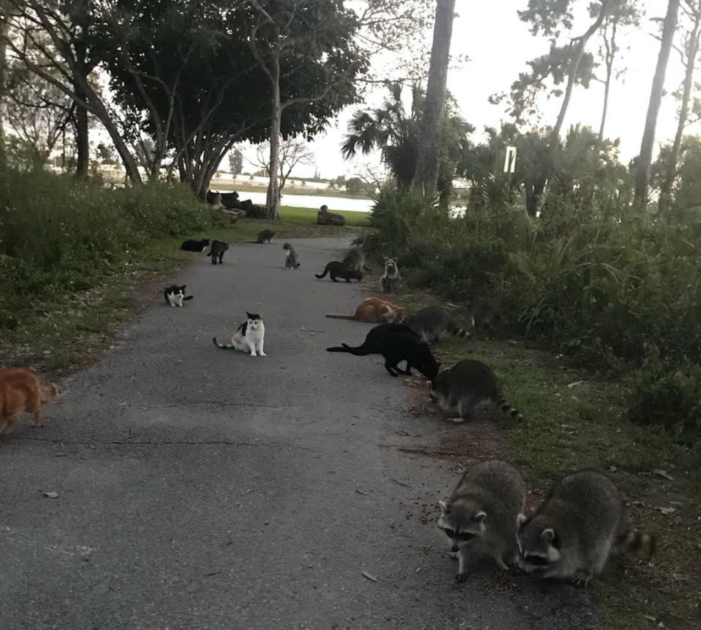Rabies cases in wild animals have reportedly gone down in Miami-Dade, but commissioners on Tuesday will consider creating a new website dedicated to reporting and tracking incidents.
How does Ladra know that cases are down? Because that’s what is reported on the county’s website, where there is already a lot of content. There’s even a video on YouTube.
In 2018, there were 11 reported animal infection cases in Miami-Dade — eight raccoons, two cats and one otter. Don’t know where we have otters, but that’s what it says. “This represented about 10 percent of all cases statewide, which was a considerable increase from previous years,” the website states.
Since then, the number of rabies cases reported in Miami-Dade County have decreased significantly, with only two cases in 2019 and one in 2020.
Animal Services implemented a proactive Wildlife Rabies Vaccine Distribution in 2019 to increase immunity and reduce rabies in wildlife populations. Packets of vaccines covered in fish oil are left twice a year where we have colonies of wild animals — raccoons, opossums, foxes — and also stray cats, which are the top domestic animal with rabies incidents.

Ladra wonders if the county dropped any in Tropical Park, where the above photo was taken on Monday afternoon during a walk by the lake.
And do we really need a website? Especially if the county already has dedicated content on its website? Can’t we just post more information there and promote it so people know about it? Better yet, can’t we distribute more little fish-stinky packets of vaccine?
According to the agenda item, the commission directed the mayor in May last year to create and maintain this website, in conjunction with the Florida Department of Health. Animal Services Director Alex Muñoz will coordinate it. It will track information such as animal rabies testing and results, rabies exposures, suspected rabies cases and the origin of samples submitted for testing.
Sounds like a COVID-like dashboard.

